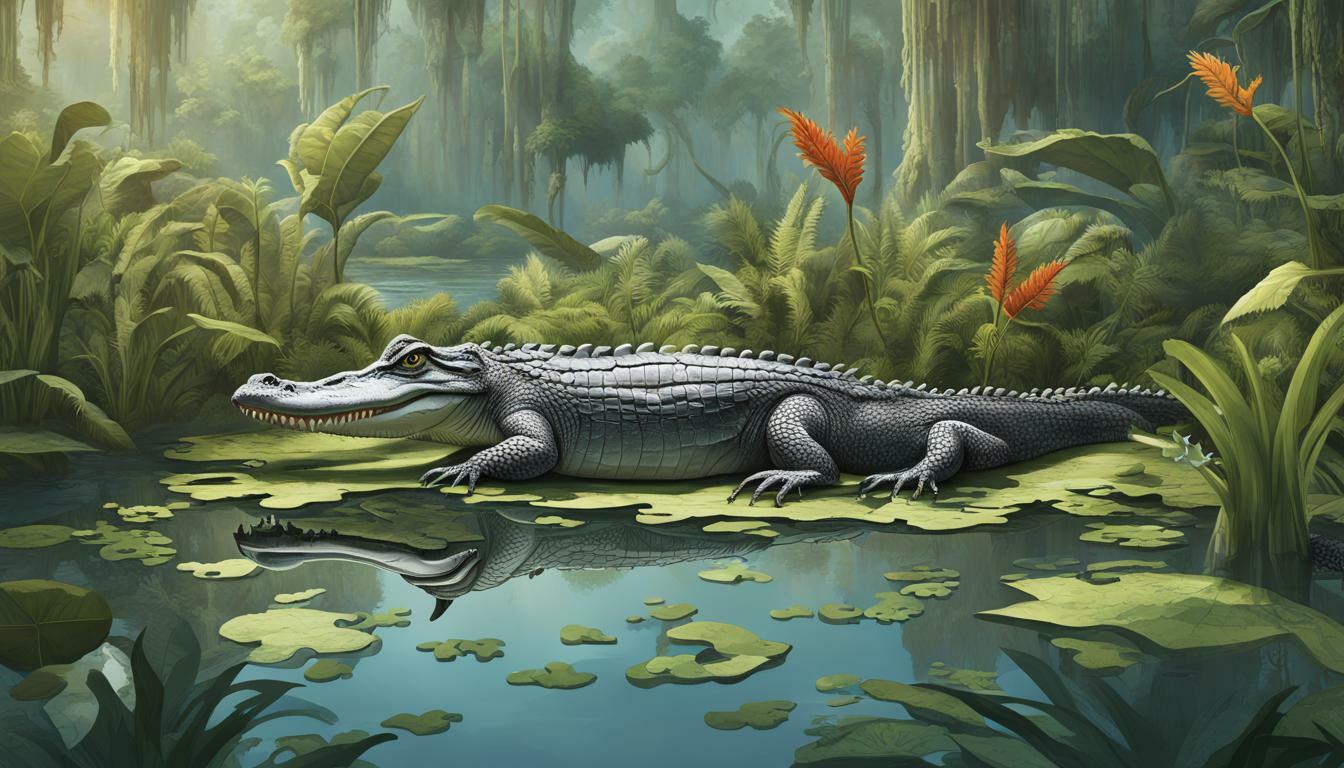Do River Otters Eat Ducks? Unveiling Otter Diets

Table of content:
River otters and ducks often share the same wetland habitats and waterways. This leads to a common question for those observing these animals in the wild – do river otters eat ducks? The answer is yes, river otters do sometimes prey on ducks, especially ducklings. However, ducks are not a primary food source for otters.
The Diet of River Otters
River otters are carnivorous mammals that feed on a variety of aquatic prey. Their diet consists mainly of fish, but they also consume amphibians, reptiles, birds, and small mammals. River otters have an extremely high metabolism, so they need to eat frequently. An adult otter generally consumes between 15-25% of its body weight in food each day.
Fish are the primary component of the river otter’s diet. They feed on a wide variety of freshwater fish species including suckers, sunfish, bass, catfish, carp, and minnows. Crayfish are also a common food item. Beyond fish and crustaceans, river otters will prey on any aquatic animals they can capture and overpower. This includes frogs, turtles, snakes, and aquatic insects.
While the bulk of their diet comes from the water, river otters are also opportunistic predators that will hunt for food on land when available. Some common land prey include rodents, rabbits, birds, eggs, and occasionally small deer fawns. Their broad palate allows river otters to adapt to different environments where food availability may vary.
Why River Otters Sometimes Eat Ducks
Although fish comprise the majority of their diet, river otters do occasionally feed on ducks, especially younger ducklings. There are several reasons why otters may prey on ducks:
Easy Targets
Ducklings and juvenile ducks can be more vulnerable to predation than adult ducks. Younger birds are slower, less coordinated, and cannot fly away from danger. This makes them easier targets for river otters. A single otter is capable of consuming multiple ducklings in one feeding.
Opportunity
In areas where ducks and otters overlap, ducklings may simply present an opportunistic meal. While otters prefer fish, they are not picky eaters. If easy duck targets become available, they will not hesitate to take advantage of the chance for a high-protein meal.
Limited Food Supply
When fish populations decline or other food sources become scarce, river otters may turn to less optimal prey like ducks out of necessity. Although otters prefer fish, they will eat what is available to survive.
Territorial Defense
Some evidence suggests male river otters may occasionally kill ducks as a way to protect their territory. Otters are highly territorial and will defend their domain from other encroaching wildlife.
How River Otters Hunt and Eat Ducks
River otters have several advantages that make them effective duck predators. Here is how otters hunt and consume ducks:
Stealth Ambush Predators
River otters move swiftly and stealthily in water, allowing them to ambush prey. Ducks often do not detect an otter until it is too late. Otters can attack from land or water to grab unsuspecting ducks.
Powerful Swimmers
Otters are agile swimmers equipped with webbed feet and a tapered tail that propels them easily through water. Ducks, especially young ducklings, are no match for an otter’s speed and maneuverability in water.
Sharp Teeth for Biting
An otter’s teeth are adapted for seizing and consuming slippery prey. Their canines and carnassials are perfect for gripping ducks, killing them quickly, and efficiently tearing flesh.
Small Meal Size
Since river otters have small mouths, they cannot swallow ducks whole like larger predators. Instead, they use their teeth to rip ducks into pieces they can consume. Otters will begin feeding on the energy-rich organs of a duck first.
Do Otters Target Specific Duck Species?
River otters are not picky about duck species, though some types of ducks and life stages are more prone to otter predation. Here are common otter targets:
Ducklings
As mentioned, young ducklings are most vulnerable to river otters. Their size, slow speed, and inability to fly make them easy pickings. All duckling species may fall prey to otters.
Small Duck Species
Smaller duck species are more susceptible to otter predation than large waterfowl. Small ducks include ruddy ducks, wood ducks, teal, and bufflehead. Their compact size presents less of a challenge for otters.
Surface Feeding Ducks
Ducks that float on the water surface while feeding like ruddy ducks and pied-billed grebes spend more time vulnerable to ambush than diving ducks. Submerged diving ducks are only exposed briefly when resurfacing.
Flightless Duck Species
Flightless duck species that never fly or only short distances like the wood duck are easier prey since they cannot escape otters by flying away.
In general, otters tend to target more vulnerable juvenile and smaller duck species, but they are adaptable and will eat any type of duck they can capture and overpower.
Strategies Ducks Use to Avoid Otter Predation
Ducks have evolved several strategies to reduce their chances of becoming an otter’s dinner:
Find Safety in Numbers
Ducks often float together in groups which improves their vigilance. With more eyes watching for danger, they are less likely to be ambushed. Being in a group also adds security through numbers.
Take Flight
Once airborne, adult ducks are safe from otters since otters cannot fly or jump especially high. Taking flight at the first sign of a threat is key to escaping predation.
Nest in Hidden Spots
Ducks conceal their nests in dense vegetation away from shorelines to avoid detection by otters hunting along water’s edges. Keeping nests hidden improves duckling survival.
Remain Alert
Ducks are ever alert, keeping a sharp lookout for potential predators. Paying attention helps ducks detect otters early and take appropriate action. Constant wariness is essential.
Aggressive Nest Defense
Female ducks aggressively defend their nests and ducklings from predators. Angry ducks may hassle or distract otters to divert them from their young or lead otters away with distraction displays.
The Impact of River Otters on Duck Populations
Overall, river otter predation does not significantly control or limit duck populations. Ducks reproduce rapidly, with hens laying 5-15 eggs per clutch and capable of multiple broods per year. Their high reproductive rate outpaces otter predation impacts.
That said, otters may occasionally contribute to localized, short-term duckling losses, especially for vulnerable species. During years when fish populations decline, increased otter duck predation could temporarily suppress recruitment of some duck species.
While inconvenient for ducks, limited otter duck predation is normal interaction in natural food chains. Both species have co-evolved together over long periods, so ducks have adapted strategies to reduce losses. As long as healthy fish populations persist, otters tend to focus on their preferred prey.
Conclusion
River otters do sometimes prey on ducks, mainly vulnerable ducklings, and smaller duck species. Ducks form a minor part of the otter diet, but otters will eat them opportunistically. Careful nest concealment, remaining in groups, and flying when threatened helps protect ducks. Ultimately, otters and ducks have reached an equilibrium that enables their continued coexistence across shared wetland habitats.
Welcome. I’m Adreena Shanum, the proud owner of this website, and I am incredibly passionate about animals, especially poultry. I founded adreenapets.com as a labor of love, stemming from my desire to share my knowledge and experiences with poultry enthusiasts worldwide.




